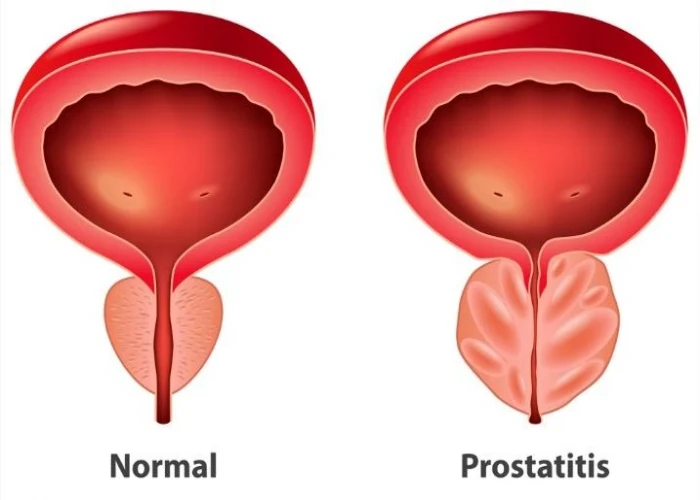 Welcome
Welcome
“May all be happy, may all be healed, may all be at peace and may no one ever suffer."
Prostatitis

Prostatitis is a condition that involves inflammation of the prostate gland, which is part of the male reproductive system. It can affect men of all ages, but is most common in men under the age of 50.
There are four types of prostatitis: acute bacterial prostatitis, chronic bacterial prostatitis, chronic prostatitis/chronic pelvic pain syndrome, and asymptomatic inflammatory prostatitis. Acute bacterial prostatitis is caused by a bacterial infection of the prostate gland and is typically associated with severe symptoms such as fever, chills, and difficulty urinating. Chronic bacterial prostatitis is a recurring bacterial infection of the prostate gland, and can cause symptoms similar to acute bacterial prostatitis, but may be less severe. Chronic prostatitis/chronic pelvic pain syndrome is a type of prostatitis that causes chronic pain and discomfort in the pelvic area, but is not associated with a bacterial infection. Asymptomatic inflammatory prostatitis is a type of prostatitis that is not associated with any symptoms, but is diagnosed based on the presence of inflammation in the prostate gland.
The symptoms of prostatitis can vary depending on the type of prostatitis, but may include pain or discomfort in the pelvic area, difficulty urinating, frequent urination, and pain during ejaculation. Diagnosis of prostatitis typically involves a physical exam, a urine test to check for signs of infection, and possibly a prostate massage to collect a sample of prostatic fluid for analysis.
Treatment for prostatitis may depend on the underlying cause of the condition. Acute bacterial prostatitis is typically treated with antibiotics, while chronic bacterial prostatitis may require long-term antibiotics. Chronic prostatitis/chronic pelvic pain syndrome may be treated with a combination of medications, physical therapy, and lifestyle changes. Asymptomatic inflammatory prostatitis may not require treatment, but may be monitored by a healthcare provider.
Prostatitis can be a frustrating and uncomfortable condition, but with appropriate diagnosis and treatment, most men are able to manage their symptoms and maintain a good quality of life.
Research Papers
Disease Signs and Symptoms
- Pain or burning during urination (dysuria)
- Fever
- Painful ejaculation
- Testicle pain
- Low back pain
- Abdomen pain
- Blood in urine (hematuria)
- Excess protein or cloudy urine (proteinuria)
- Frequent urination at night (nocturia)
- Frequent urination
- Fever and chills
Disease Causes
Prostatitis
Causes vary depending on the type of prostatitis.
- Acute bacterial prostatitis is usually caused by common strains of bacteria. The infection may have spread from other parts of the urinary or reproductive systems.
- Chronic bacterial prostatitis generally has the same cause as acute bacterial infection. It may occur when treatment for an acute infection isn't long enough or fails to kill all the bacteria.
- Chronic prostatitis/chronic pelvic pain syndrome is not well understood. Research suggests that multiple factors may collectively play a role. These include previous infection, nervous system dysfunction, immune system dysfunction, psychological stress or irregular hormone activity.
- Asymptomatic inflammatory prostatitis, which has no known cause, is generally found only during an exam for other medical conditions and is not treated.
Disease Prevents
Disease Treatments
Treatment for prostatitis depends on the specific type diagnosed and your symptoms.
Treating infection
If you have acute or chronic bacterial prostatitis, you'll take antibiotics. Acute disease may require intravenous (IV) antibiotics in the hospital for a short period. The entire course of antibiotic treatment is usually 4 to 6 weeks — or longer in some cases. Taking all the prescribed medication is important for eliminating the infection and reducing the risk of chronic bacterial prostatitis.
Treating urinary symptoms
Medications, called alpha-blockers, help relax the bladder neck and the muscle fibers where your prostate joins your bladder. This treatment might ease urinary symptoms, such as painful or difficult urination. While this is commonly prescribed for men with chronic prostatitis/chronic pelvic pain syndrome, it may be prescribed to relieve urinary symptoms of bacterial infections.
Treating pain
Your health care provider may prescribe pain medication or recommend nonprescription drugs, such as acetaminophen (Tylenol, others) or ibuprofen (Advil, Motrin IB, others).
Managing psychological symptoms
Your health care provider may recommend psychotherapy with a mental health care professional to help you manage stress, depression or anxiety that may be associated with chronic pain.
Disease Diagnoses
Disease Allopathic Generics
Disease Ayurvedic Generics
Disease Homeopathic Generics
Disease yoga
Prostatitis and Learn More about Diseases
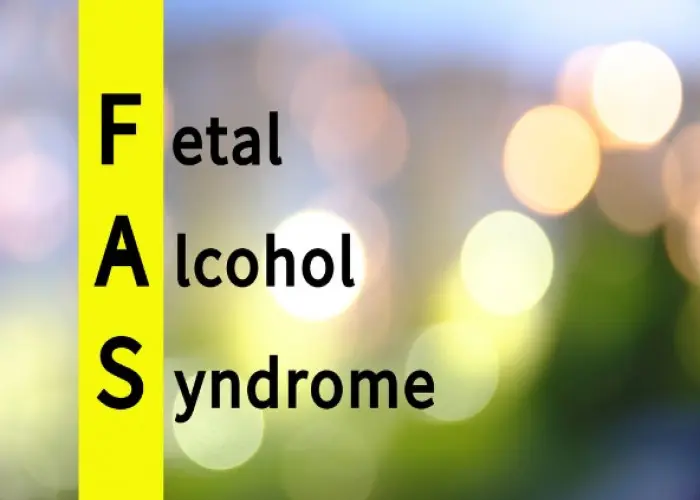
Fetal alcohol syndrome
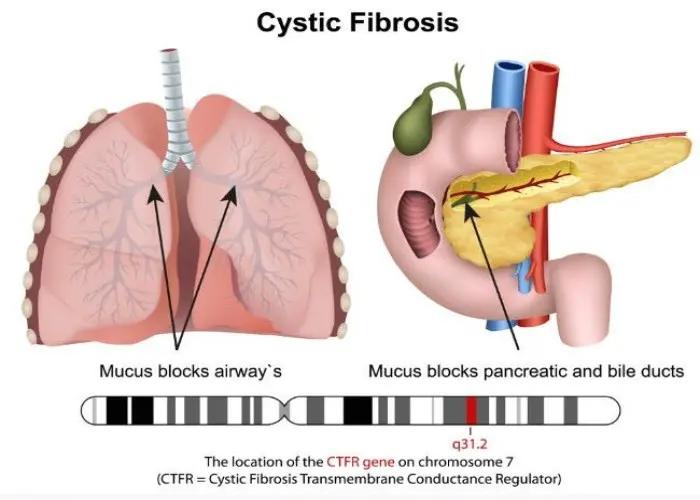
Cystic fibrosis

Convergence insufficiency

Alcohol poisoning
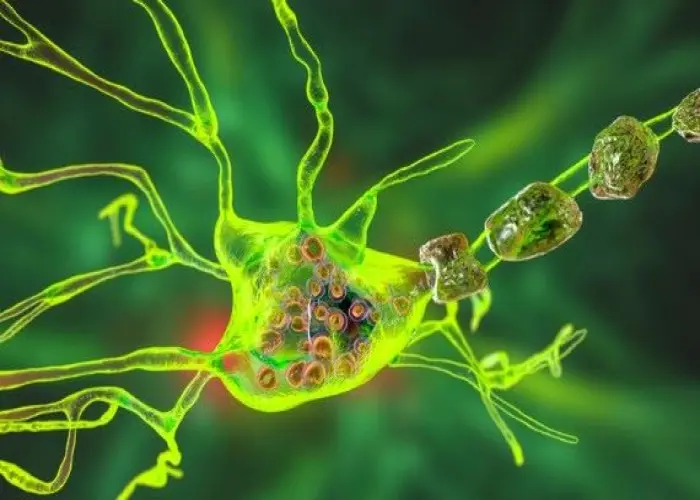
Inherited metabolic disorders
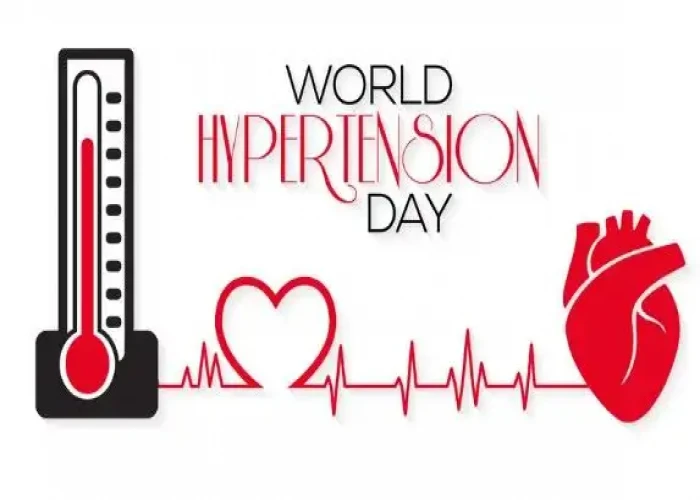
Secondary hypertension
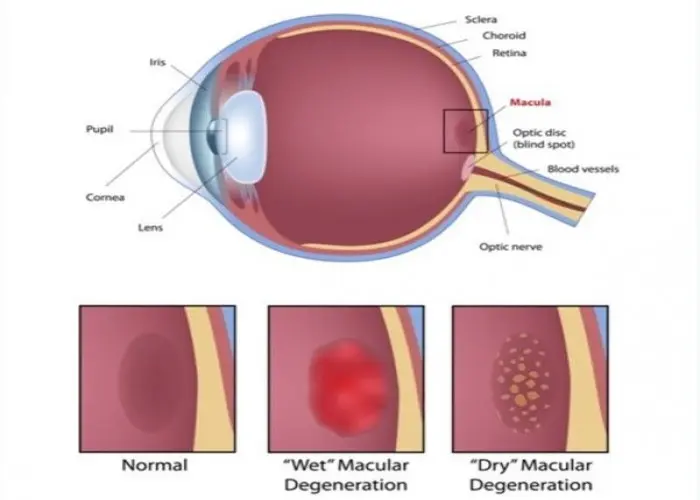
Dry macular degeneration

Wrist pain
prostatitis, প্রোস্টাটাইটিস
To be happy, beautiful, healthy, wealthy, hale and long-lived stay with DM3S.
